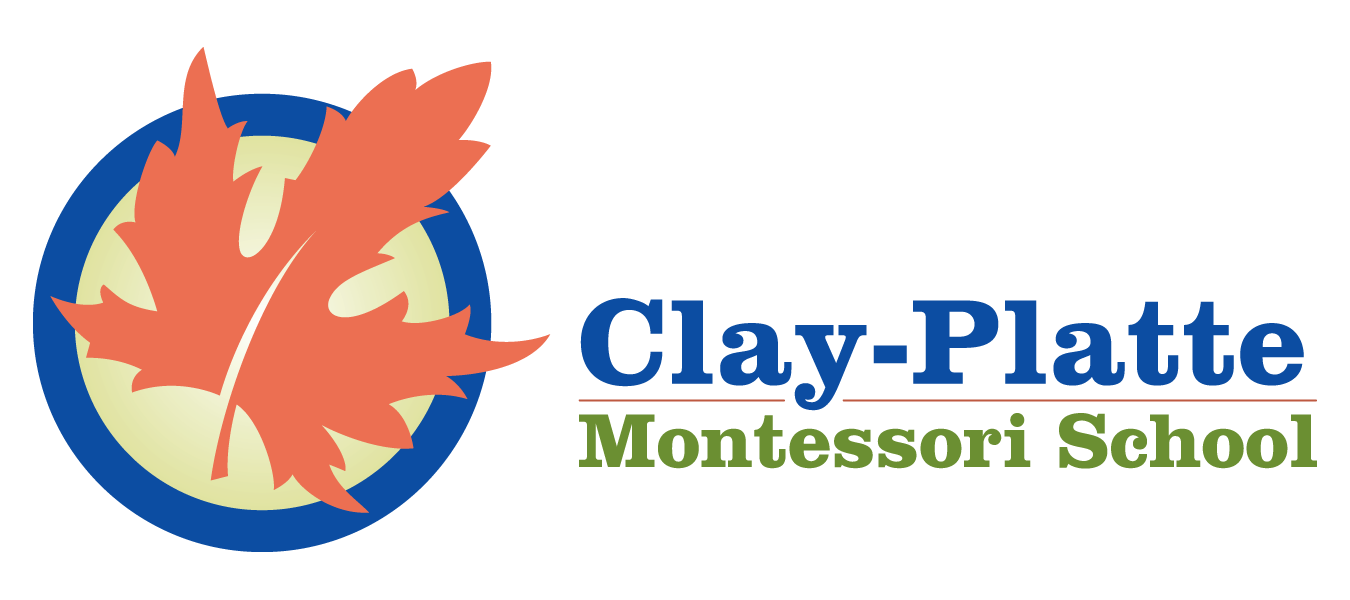
“Free the child's potential, and you will transform him into the world.” - Maria Montessori
For nearly a century, perhaps one of the best-kept secrets in education has been the highly successful approach developed by the first female physician in Italy, Dr. Maria Montessori. In fact, many of the “newest” methods traditional schools are exploring are not new at all but are established foundations in the Montessori philosophy.
Multi-age classrooms
Younger children learn from the role-modeling of their older peers; older children gain confidence in being a leader in their classroom. As children become fluent with materials, they may be invited to give lessons to younger children. This design further ingrains learning for the children.
Early childhood education
Children have a natural curiosity and are anxious to learn from a young age. It is not daycare. We provide a structured environment that stimulates the child’ s learning.
Hands-on learning
Children love to explore their environments and what better way to learn? A Montessori classroom is a structured yet individualized field of discovery. (Four plus four equals eight—but not just because someone tells us so. If you place four objects with four objects, there are eight objects you can count and hold in your hand.)
Development of self-discipline
Having control of our bodies, learning patience, and respect for ourselves and for others are important lessons for life. The Montessori guides are trained to view self-discipline (or, as we call it, discipline) on a continuum of development. As each child progresses to new levels of discipline, the guide offers the child new responsibilities, and the child arrives at a new place of independence. The balance between discipline, responsibility, and independence is at the core of Montessori philosophy for good reason: These are the keys to the child’s development.
Respect for all—and the Earth
Montessori philosophy teaches respect for all living things. Appreciating our differences; the uniqueness of each of us, caring for our global environment, and respect for all, are key guiding principals.
Allowing for self-discovery
There is no classroom set pace, where a student might have to wait for the next lesson. When the individual child is ready, they move to their next lesson.

